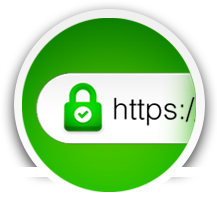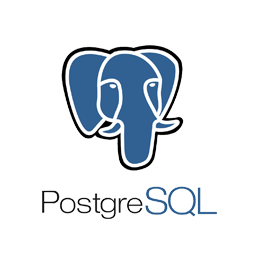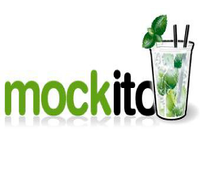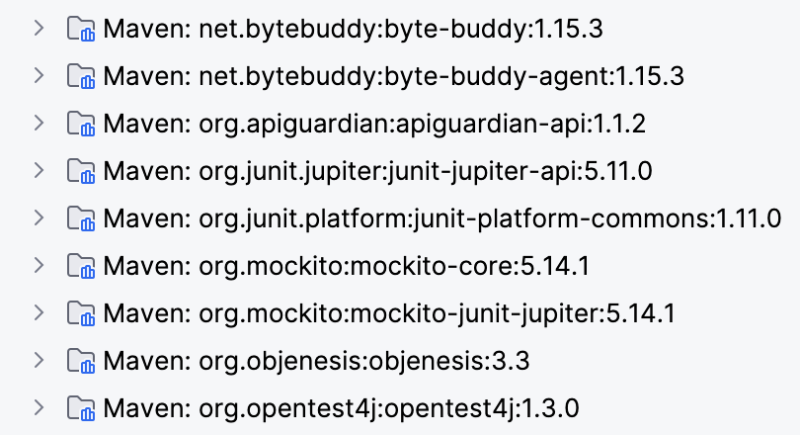
继续 TLS(或 SSL, HTTPS) 的话题。在我们诊断 HTTP 请求时,为了验证代码中发送了什么样的请求,会用 curl 或 Postman 的辅助,但它们都可能会带上额外的请求头等信息,最为可靠的办法是用网络抓包工具如 Wireshark, 从中看到的 HTTP 文本协议内容才是真正往外发送的内容。可是对于 HTTPS 的协议数据用 Wireshark 抓取到了也没用,因为它是加密了的,作为 TLS 的 Payload, 如果不知道加密算法或密钥是解不开来的。客户端与服务端的密钥交换是采用非对称方式加密的,只通过抓网络包是不可能知道最终确定的密钥是什么,除非像 Zscaler 那样堂而皇之地作为中间人攻击(man in the middle attack)。
但既然是本地浏览器能理解的网页内容,只要浏览器留了口子的话,也是有办法在 WireShark 中显示出抓取到的 HTTPS 的内容,那就是设置环境变量 SSLKEYLOGFILE, 然后启动浏览器(FireFox 或 Chrome), 就会把通信过程中的密钥记录到文件中,WireShark 中引用该 SSLKEY 文件就能显示出确切的 HTTP 请求的内容。 阅读全文 >>





